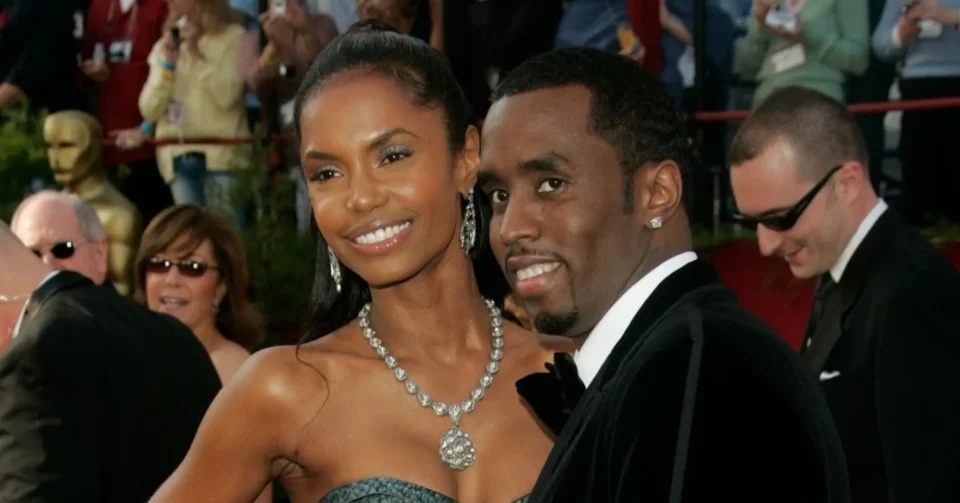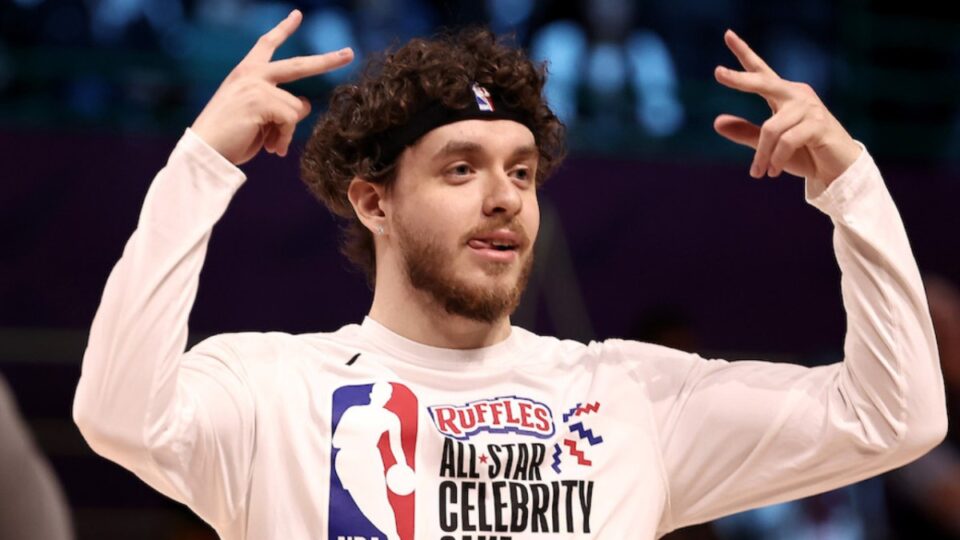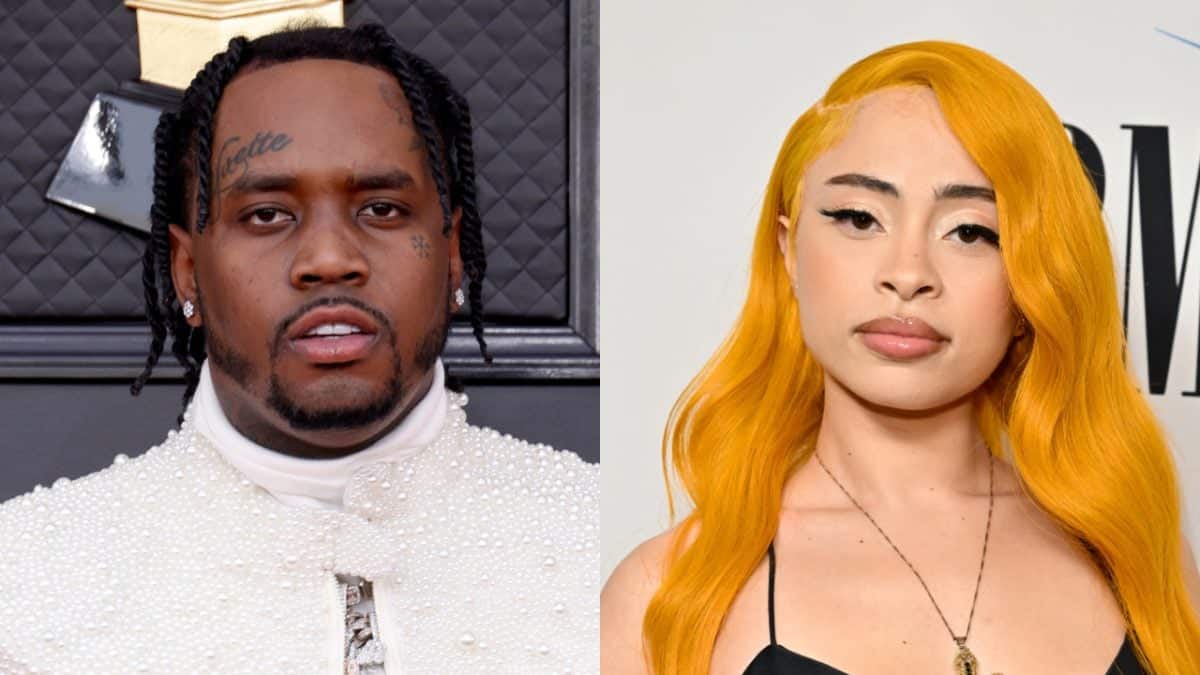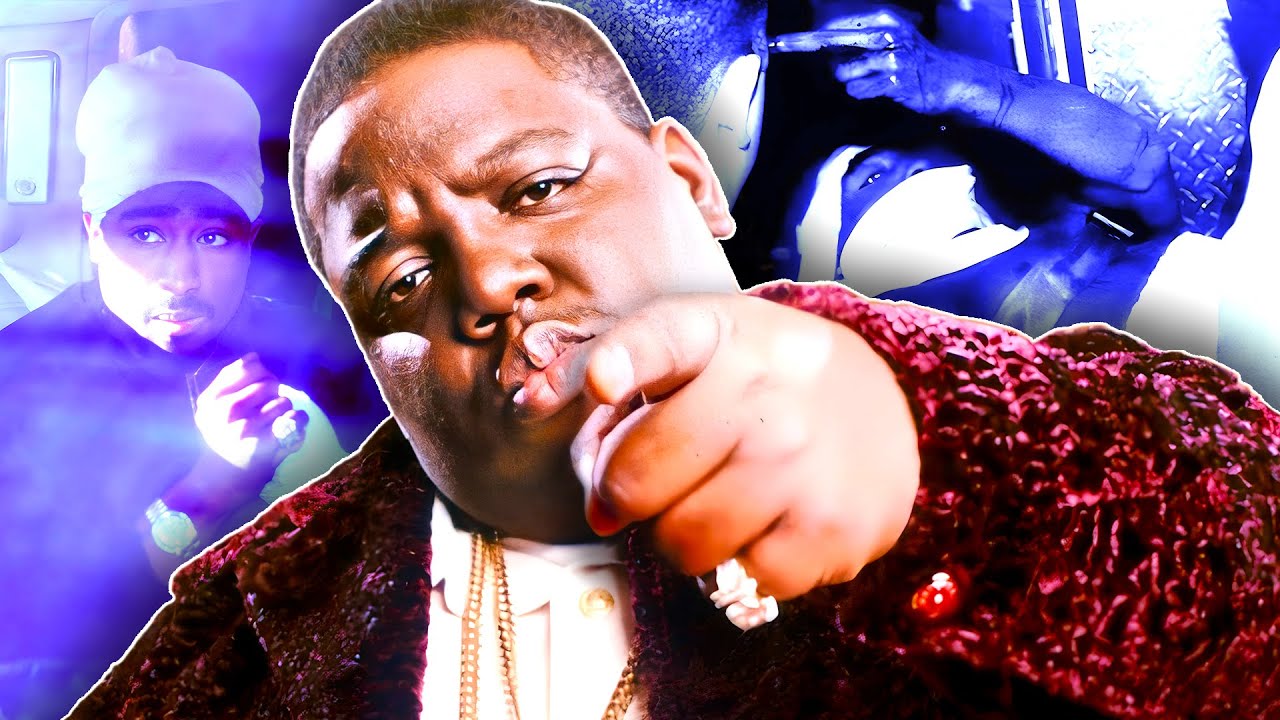Lil Wayne, a hip hop legend, is at the center of a heated discussion regarding his Super Bowl ambitions.
- Despite being a defining figure in the rap scene, many argue Lil Wayne’s recent performances fall short of Super Bowl standards.
- The debate highlights a gap between Wayne’s self-perception and public opinion, impacted by his past behaviors and lifestyle choices.
- His supporters remain loyal, yet the conversation exposes the challenges of maintaining relevance in a fast-evolving music industry.
- The question remains whether Wayne’s contributions to music outweigh the concerns surrounding his current live performance capabilities.
In the world of hip-hop, few names ring as prominently as Lil Wayne’s. Recognized as a groundbreaking artist, he has undoubtedly shaped the landscape of modern rap. From popularizing tattoos and lean culture to launching the careers of superstars like Drake and Nicki Minaj, Wayne’s influence is vast. However, his desire to headline the Super Bowl halftime show has sparked intense debate.
Critics argue that despite his legendary status, Lil Wayne’s recent live performances don’t meet the high standards expected for such a global stage. Observations of subpar shows and cringe-worthy moments have led many to question his current relevance and capabilities. Observers noted that his performances sometimes lacked the energy and coherence needed to captivate large audiences, making them skeptical about his Super Bowl suitability.
Wayne’s supporters argue passionately for his right to perform, citing his immense contributions to the music world. Yet, the discussion around his Super Bowl ambitions reflects deeper issues. It’s no secret that Wayne’s lifestyle, particularly his public battles with substances like lean, has marred his reputation. His fans have seen him struggle, and these moments have affected his professional opportunities.
There are those who remember his prime vividly, when he was churning out hits at an unparalleled pace, and believe he deserves such an honor. Nevertheless, the reality of his situation, including health issues related to his past substance use, complicates this narrative. Critics are quick to point out incidents where his performances were cut short or audience engagement was lacking.
Yet, it’s not all negative for Lil Wayne. His fan base remains fiercely loyal, despite online critics and performance mishaps. They’ve stood by him through thick and thin, testament to his enduring impact. However, the overarching public sentiment is that Wayne hasn’t maintained the momentum necessary to claim a spot on the Super Bowl stage.
This situation poses broader questions about aging in the music industry and the challenge of staying relevant. The Super Bowl, known for featuring the year’s hottest musicians, requires a performer with wide-reaching appeal and top-notch live delivery. Wayne’s history, though illustrious, now stands against a backdrop of emerging artists and evolving styles.
Ultimately, this lively debate sheds light on a pervasive issue: how past accomplishments weigh against present-day standards. While Wayne’s legacy is untarnished in the eyes of his loyal fans, his readiness for the Super Bowl remains contested.
Lil Wayne’s Super Bowl aspirations reveal the tension between past glories and present realities in the ever-evolving music scene.










